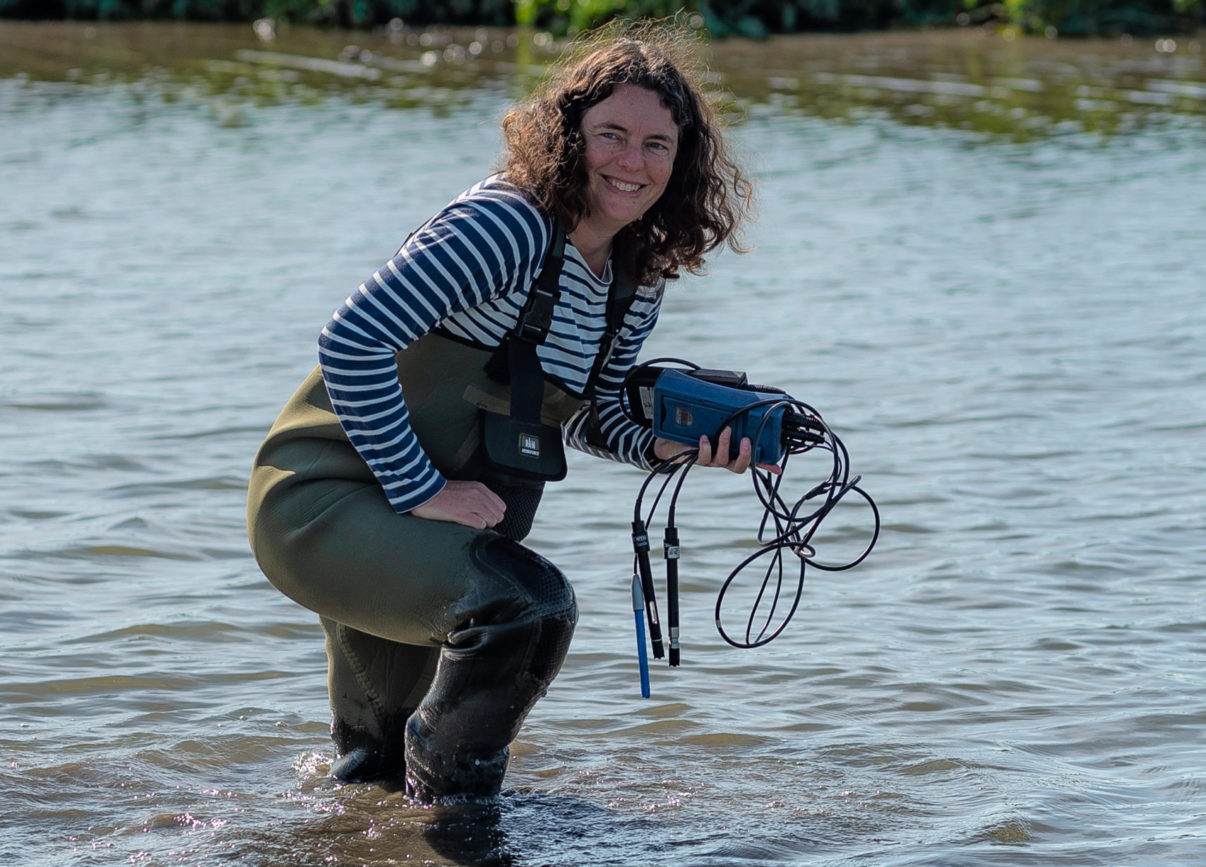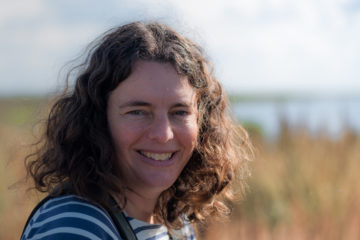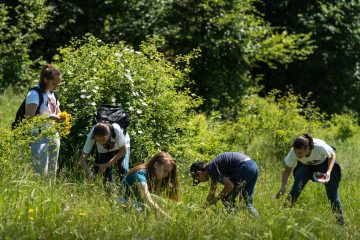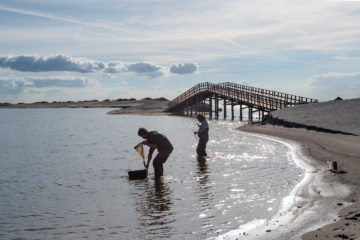As she begins her professorship at Wageningen University, Dr. Liesbeth Bakker will work to progress rewilding’s scientific agenda and enhance rewilding outcomes.

Milestone moment
Rewilding Europe is thrilled to announce that Dr. Liesbeth Bakker has become Europe’s first professor of rewilding. The hugely experienced Dutch ecologist, who took up her pioneering position as Special Professor of Rewilding Ecology at Wageningen University’s (WUR) Wildlife Ecology and Conservation Group at the beginning of February, is already hard at work promoting and furthering the science and study of rewilding.
“We are now seeing the practice of rewilding gain momentum and start to deliver real impact across Europe, but the science of rewilding is lagging behind,” explains Bakker, who has a background in wetland and wildlife ecology. “I want to help it catch up. Advancing the science of rewilding can help the practice of rewilding, and vice versa, so this is all about improving rewilding outcomes.”
Advancing rewilding

The new rewilding professorship entails a number of responsibilities, with the subject of rewilding ecology forming a component of more extensive courses at WUR focused on biology, ecology and conservation.
“For me, rewilding ecology is about studying the outcomes of rewilding as a new ecosystem restoration technique, and the underlying ecological mechanisms that explain rewilding outcomes,” explains Bakker. “This study field is highly relevant because rewilding offers solutions to some of the world’s most pressing challenges, including climate change and biodiversity decline.”
While Bakker will also teach, most of her time will be spent supervising master’s students engaged on rewilding-related internships. In addition, she will work to connect members of the scientific community across Europe focused on rewilding ecology, thereby forwarding rewilding’s scientific agenda, and study and promote rewilding as an innovative and progressive approach to conservation.
“In some cases, people are still unsure what rewilding is, or they’re sceptical about it, or don’t know what to expect if they engage in it,” says Bakker. “My job is to come to them with answers grounded in robust science and applied research. It is important to back up rewilding efforts and results with facts and figures.”
Passionate about rewilding
With Liesbeth Bakker’s enthusiasm for rewilding ecology immediately clear, her new position should prove far more of a vocation than a job.

“With its broad perspective and focus on enhancing nature-based solutions, the practice of rewilding has already achieved so much in a short space of time,” she enthuses. “Just look at Rewilding Europe’s operational areas, for example. I’m really excited to be involved in building further momentum and taking rewilding to the next level.”
One role Bakker believes she won’t have to perform in her new role is student motivator.
“I don’t think you have to do much to interest the younger generation in rewilding,” she says with a laugh. “More and more young people want to get involved and contribute to making the Earth a better place these days. With its hopeful, proactive message, rewilding is an appealing field.”
Rewilding Europe support
Bakker’s professorship will last for five years, with the option to extend it for another five. She is also a senior scientist at the Netherlands Institute of Ecology’s Department of Aquatic Ecology (also in Wageningen), where she will continue to work alongside her new role at WUR.
Geert de Snoo, director of the institute, is looking forward to some academic cross-pollination.

“Nature restoration is one of the strategic themes of our institute, so rewilding ecology is a very important topic for us,” he explains. “The establishment of the new chair will enhance research and education in this emerging field, delivering grounded scientific insights into the interactions between species and their changing environment which are critical to the future of conservation and safeguarding of biodiversity.”
Rewilding Europe will support the new professorship with funding for research and networking.
“We are working with a wide range of universities and scientific institutions in Europe, including the countries where we are engaged in rewilding,” explains Frans Schepers, Managing Director of Rewilding Europe. “This special chair provides a great opportunity to further enhance the rewilding research agenda across the continent, and to build on the local knowledge already gained in those rewilding landscapes.”
Want to know more?
WUR Wildlife Ecology and Conservation Group


